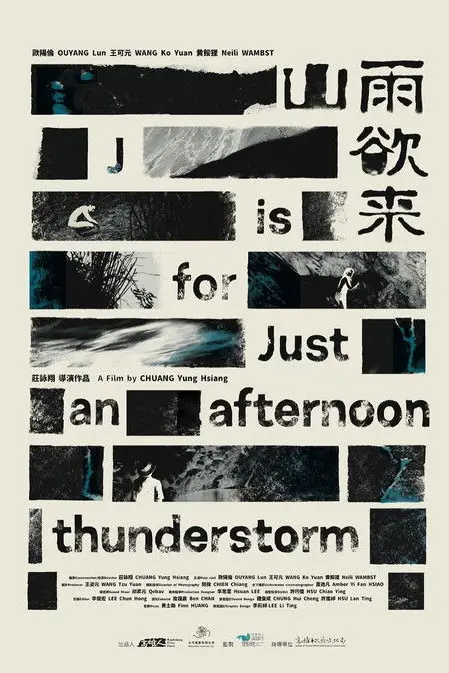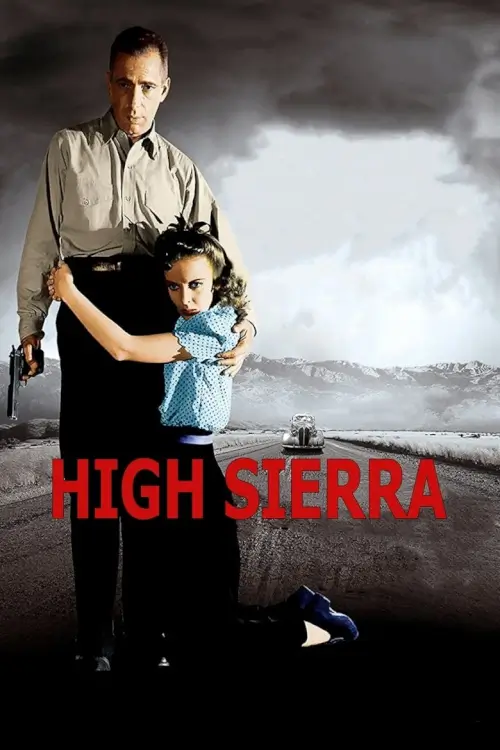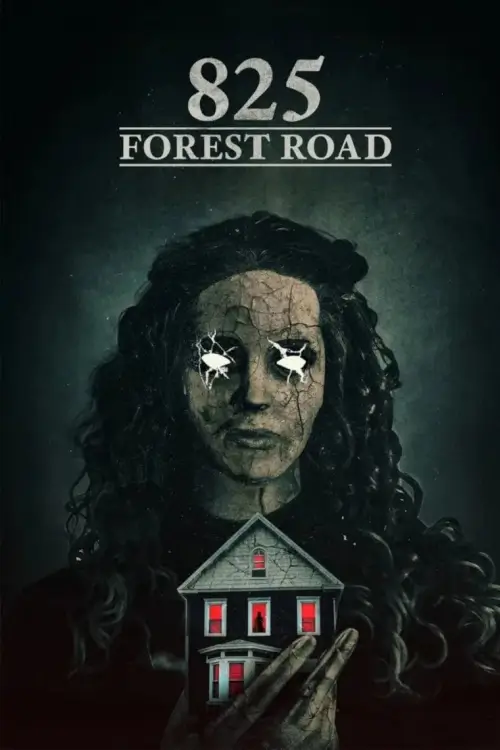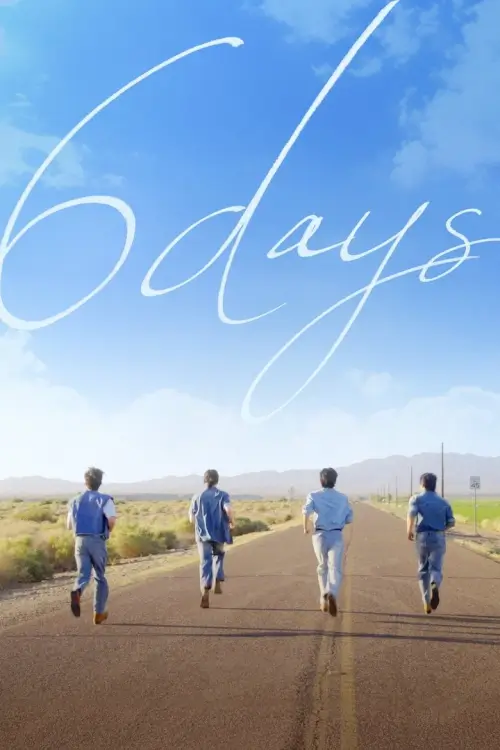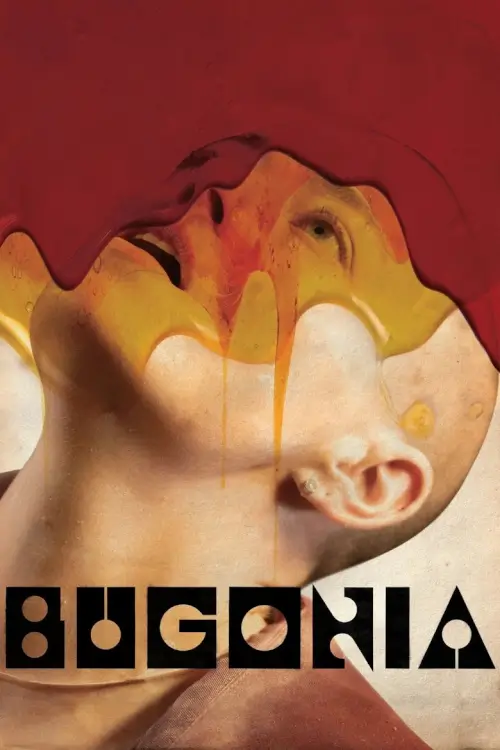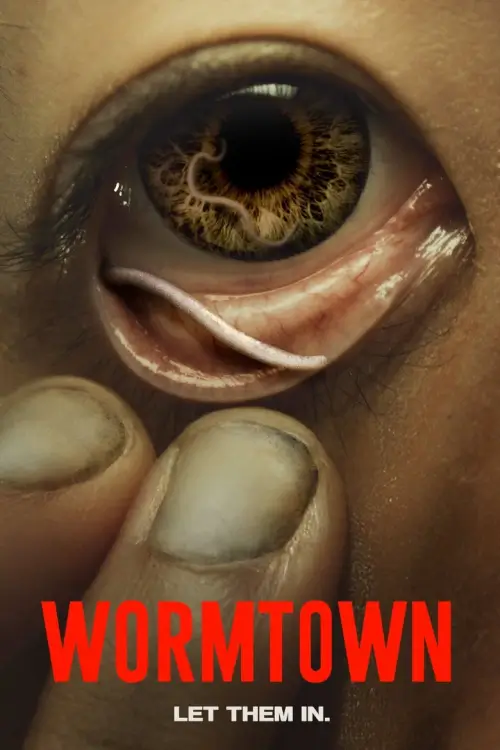Procession เส้นทางละครบำบัด (2021) [บรรยายไทย]
![Procession เส้นทางละครบำบัด [บรรยายไทย]](https://nungdeedee.com/uploads/images/th3igs4jn0gw8sco4.jpg)

หมวดหมู่ : หนังสารคดี
เรื่องย่อ : Procession เส้นทางละครบำบัด (2021) [บรรยายไทย]
ชื่อภาพยนตร์ : Procession เส้นทางละครบำบัด
แนว/ประเภท : Documentary
ผู้กำกับภาพยนตร์ : Robert Greene
บทภาพยนตร์ : Chris Boeckmann
นักแสดง : Joe Eldred, Mike Foreman, Ed Gavagan
วันที่ออกฉาย : 3 September 2021
ชายหกคนที่เคยถูกนักบวชคาทอลิกล่วงละเมิดทางเพศตอนเป็นเด็ก พบหนทางเสริมสร้างพลังใจให้ก้าวต่อไปด้วยการถ่ายทอดบาดแผลในอดีตผ่านหนังสั้น

IMDB : tt14300912
คะแนน : 6.8
รับชม : 87 ครั้ง
เล่น : 16 ครั้ง
Memories of trauma — buried deep within the body, locked in a casket of shame — are difficult to excavate. Remembering can be a different kind of violence, so the mind resists recollecting that which has been shunned in the name of self-protection. But what happens when concealing no longer provides a certain level of safety? When the memories erupt and, in an astonishing turn of events, the mind betrays the body?
Robert Greene’s Procession is a stirring film that answers these questions with deep sincerity and generosity. Premiering at the Telluride Film Festival, the documentary follows six men in Kansas City, Missouri, who were abused by Catholic priests and clergy, as they, through a drama therapy-inspired experiment, attempt to exorcise their trauma. As they perform the stories of their life, the work — both the documentary and the exercise — yields fascinating and cathartic results. It’s a natural extension of Greene’s previous film, Bisbee ’17, wherein the filmmaker engaged with participants as collaborators instead of subjects.
Greene’s probing, observational enterprise began serendipitously. He came across the survivors and their stories while watching a press conference that Rebecca Randles, an attorney who has investigated nearly 400 allegations against these particular religious ministers, held with three of the six men who would participate in his documentary. In that clip, which opens the doc, Randles expresses her disgust with the rot in the clergy and announces that there are at least 230 members in the Kansas City area with a history of sexually abusing young boys.
Moved by their testimonies, Greene — who, according to press notes, had already been thinking about trauma and the body — contacted Randles. Would her clients, he wondered, be interested in making a film? The group’s affirmative answer led to a three-year collaboration among Greene, Randles, registered drama therapist Monica Phinney, and the six men (Joe Eldred, Mike Foreman, Ed Gavagan, Dan Laurine, Michael Sandridge and Tom Viviano).
Procession is, at its core, an extended group therapy session. In their first gathering, Phinney explains the purpose of drama therapy (“the intentional use of dramatic theater and role-play for a therapeutic goal”) and the task that lies ahead of the men. They will produce their own short films reflecting on their abuse, with the goal of reclaiming those memories and offering protection to their inner children.

Moving at a deliberate and steady pace, the documentary chronicles every stage of the survivors’ process. There is the initial skepticism and trepidation masked with humor, followed by a timid acceptance of the terms. Then comes community. The six men begin to find solace in their shared trauma. They learn more about how reflexive behaviors are subconscious coping mechanisms and help one another navigate the difficult emotional terrain. How beautiful it is to witness, with the assistance of close-up shots, tears of joy after overcoming a personal milestone and flashes of rage when the memories feel overwhelming — and to hear the men laugh in the same breathe as they cry.
Presenting the stories of these men, Procession proves the therapeutic nature of art without exploiting its subjects. Greene and his crew hold their responsibility for these narratives closely. The title card bears the name of the six men, reinforcing the idea of the doc as a collective work. During that first session, Randles and Phinney repeat reminders about personal agency, and the survivors themselves talk freely about the limits of their comfort. If the documentary feels a bit slow at times, it’s because the filmmakers refused to take shortcuts. Navigating trauma can be laborious; it makes sense that chronicling that journey would be too.
The film demands every bit of attention from its viewers as it moves from group therapy session to the storyboarding and eventual production of the shorts. The men choose various ways to own their narratives but decide to cast the same actor (a local performer named Terrick Trobough) in all six films. One man wants to reenact a recurring nightmare, another crafts an expletive-filled rant to the people — especially the adults — who failed him. Others find closure harder to come by, realizing that the path to healing often requires as many steps back as it does forward.
Greene’s process — free of judgment, rooted in care — raises compelling questions about documentary filmmaking and what it can accomplish. For those familiar with his previous work, these inquiries won’t be new or surprising. But here in Procession they seemed to have been refined and attuned to an exciting sense of possibility — that there is freedom in coming together to tell a familiar story differently.


